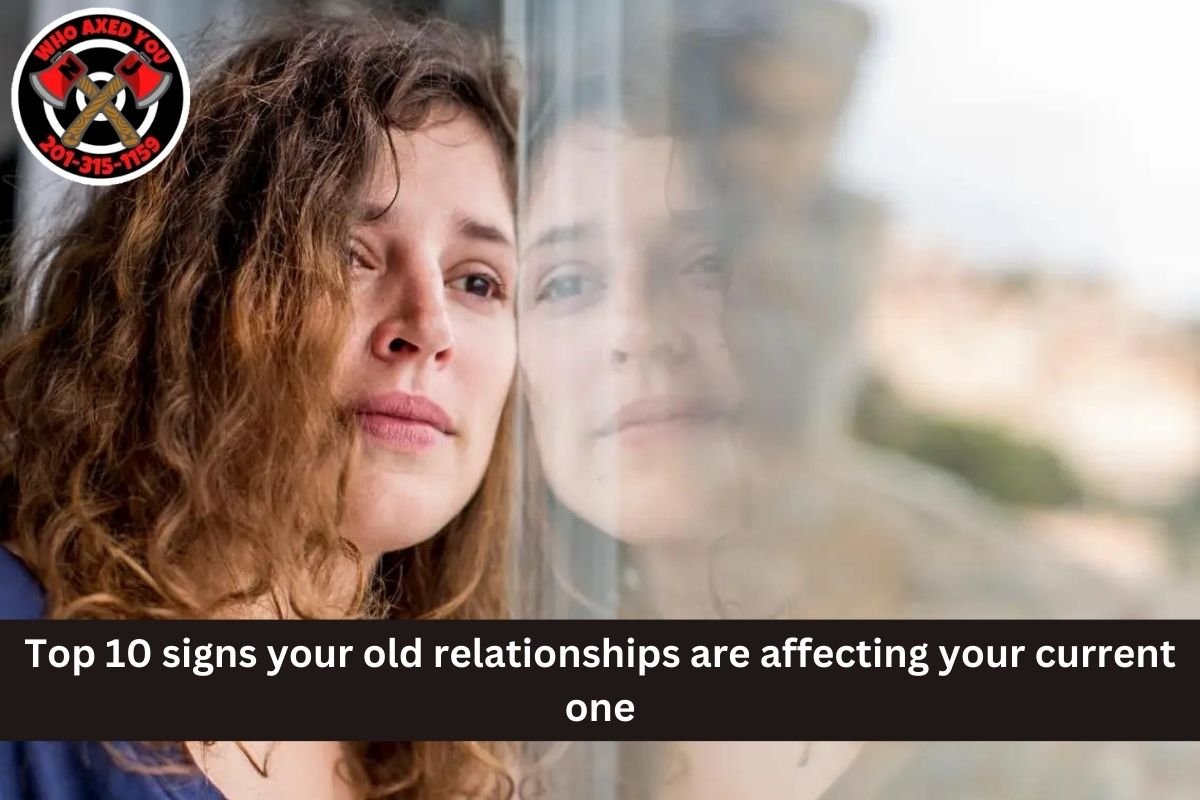Top 10 signs your old relationships are affecting your current one :- There are many different signs of pain and dysfunction that can be brought on by the presence of previous relationships that cast a shadow over the ones that are currently being experienced with the person. The following is a list of the top 10 signposts indicating your former relationships might be having an impact on the one you are now in:
Top 10 signs your old relationships are affecting your current one
The presence of former relationships that cast a shadow over the ones that are currently being experienced with the person can bring about a variety of various indicators of pain and dysfunction. These signs can be brought on by the reality that the person is currently experiencing. In the following, you will find a list of the top ten indicators that your previous relationships may be having an effect on the one you are currently in:
Also Read :- 5 US States That Don’t Have Rattlesnakes
Comparison Trap:
When you repeatedly compare your current partner to the same person you were with in the past, you are falling into a comparison trap. This could be a sign that there are feelings that have not been handled or that there are expectations that are not realistic. It’s possible that as a consequence of this, the relationship will become tense and uncomfortable for both parties.
Trust Issues:
Even if your current spouse has not provided you with any reason to doubt them, having trust issues might manifest themselves in your current relationship as feelings of jealousy or suspicion. One possible explanation for these thoughts is that they are the result of residual mistrust stemming from earlier betrayals or concerns.
Communication Breakdown:
The inability to freely communicate sentiments, anxieties, or concerns may be the result of earlier experiences in which communication was either unsuccessful or received with hostility. Such experiences may have contributed to the difficulty in articulating these emotions. Due to this, it is possible that emotional connection and the ability to solve problems would be hindered.
Emotional Baggage:
It is possible for sentiments that have not been resolved from previous relationships, such as anger, guilt, or resentment, to transfer over into the current relationship, so impacting how you perceive and react to the actions of your partner. Emotional baggage is the term used to describe this aspect.
Fear of Vulnerability:
Since you have been wounded or rejected in the past, it is likely that you are reluctant to fully open up or be vulnerable with your current relationship. This could be due to the fact that you have experienced hurt or rejection in the past. Because of this, it may be more difficult for you to cultivate a profound emotional connection and closeness with them.
Repetition of Patterns:
If you find that you are repeatedly confronted with the same difficulties or conflicts in a range of relationships, this could be an indicator that unresolved patterns from the past are influencing the dynamics of your current relationships. If you notice that you are consistently confronted with the same problems or conflicts, this could be an indication that you are experiencing a pattern of repetition.
Avoidance of Commitment:
The fear of commitment or the reluctance to fully engage in the relationship may be the result of previous experiences of grief or abandonment, which can lead to emotional distance or a reluctance to take the next step in the relationship. Avoiding Commitment: The fear of commitment or the hesitancy to fully participate in the relationship may be the consequence of that.
Idealization or Demonization:
It is possible that your perception of your current partner and relationship will be skewed if you look at your previous relationships through rose-colored glasses or if you vilify them. Consequently, this may result in the construction of expectations that are not warranted or the development of concerns that are unreasonable.
Insecurity About Yourself:
Insecurities Regarding Yourself: Previous relationships that left you feeling unlovable or inadequate may contribute to low self-esteem or a constant need for reassurance in your present relationship, which can have an influence on your own sense of value and fulfillment. Insecurities regarding yourself can also have an effect on your ability to feel fulfilled from your own life.
Unhealthy Coping Mechanisms:
Strategies for coping that are not healthy If you find that you are resorting to unhealthy coping techniques, such as withdrawing, blaming, or seeking validation from other people, this may be an indication that unresolved issues from previous relationships are affecting your ability to deal with challenges in the relationship that you are currently in.
